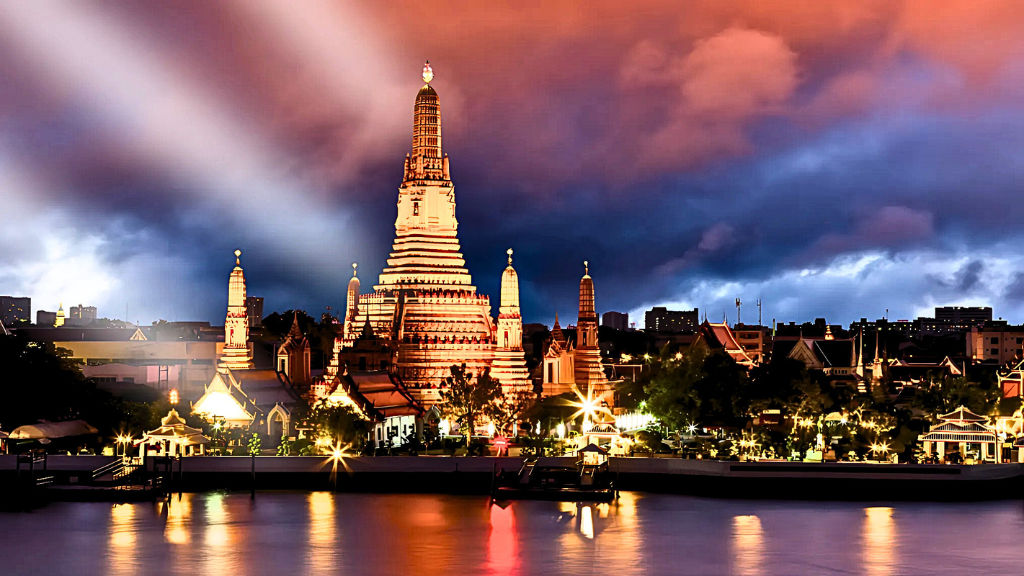
Thailand is on the verge of a major transformation in its gambling landscape. With Deputy Finance Minister Julapun Amornvivat leading the proposal for legalized casino resorts, the country is moving towards establishing entertainment complexes aimed at boosting tourism, attracting investments, and creating job opportunities.
The Gambling Landscape in Thailand
Currently, Thailand's gambling activities are strictly limited. The only legal forms of gambling are the state-regulated lottery and horse racing. Although these activities are popular, their contribution is minimal compared to a fully legalized casino industry. The government hopes to expand its sources of revenue, and casino resorts are seen as a significant opportunity.
Deputy Finance Minister Julapun Amornvivat has clearly stated that the future of Thailand's casino business is bright. His envisioned large entertainment complexes include more than just casinos. However, these opportunities also bring social concerns, particularly the potential risks of gambling addiction and the need for responsible gambling practices.
The Government's Plan
Parliamentarian Korrawee Prissanantakul suggests that the government should operate the casinos to ensure profits stay within the country. However, Julapun's vision leans more towards attracting private investors with expertise and international connections, believing they will foster a more competitive and vibrant market.
Julapun argues that the private sector's experience and resources make them better suited to handle the complexities of operating casinos. His preference for global participants shows a willingness to open Thailand to foreign investments, which will help establish Thailand as a strong competitor in the Asian casino market.
Casino Licensing Process
The proposed licensing framework is very strict. Companies wishing to operate casinos in Thailand must meet stringent requirements, including being registered as a limited liability company or public company within the country. An application fee of up to $2,892 and a license fee of $149.15 million ensure that only serious contenders apply. The annual fees are also quite high, with a maintenance fee for the license costing $29.83 million.
Potential operators need at least $298.3 million in paid-up capital to qualify, ensuring that only financially stable companies enter the Thai market. This aligns with the government's goal of attracting mature and reputable participants like MGM Resorts and Las Vegas Sands.









